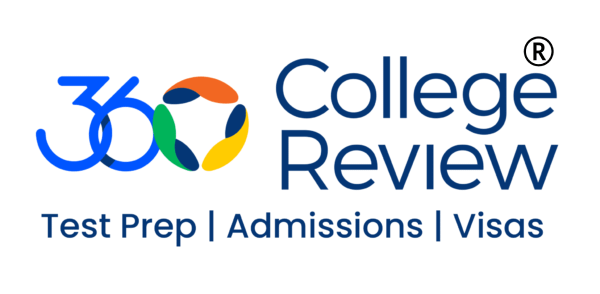
As the staking for international education begins, prospective students are faced with information searches and social media has played a pivotal role as world changes to digital. Although such sources as YouTube, Instagram, and LinkedIn provide, perhaps, the most direct access to educational insights from all over the world, the credibility of such digital content is still a major issue of concern for students and parents. Social media is all about democratizing information and while this has immense possibilities it also consists of problems that are best described as complex.
“Reliable content? That’s the whole mood. No cap”. But the reality check is not always same as what is presented to viewers.
The major strength of social media is the ability to give immediate, realistic view that conventional marketing commodities cannot offer. Students can now take virtual tours around campuses, get in touch with the current students and alumni and get real-life experience on the daily life in the potential study locations. These platforms give a level of openness that could not have been thought of 10 years ago and for the prospective student it means that finding educational opportunities are a whole new ball game. However, this wealth of information comes with a critical caveat: this means that not all content is the same and there is sometimes it is hard to know whether one is getting a useful piece of news or just a brokered campaign.
In other words, the suggestiveness of the social media information in relation to study abroad decisions depends on several parameters. First, students need to acquire an ability of critical reasoning of contents that are presented in digital media as more or less realistic. Hearing from students and alumni is helpful, but it only reflects a few cases and may not be generalized for other students. This paper will argue that the economic factors, geopolitical issues and concerns and personal adjustment concerns are more obvious and visible on the social media thus providing a fuller picture of the international education. However, with the same platforms can increase the anxiety and provide potentially biased information that does not paint the enormous picture of education.
Mental health and culture adaptation seem to be the current significant factors that have come up in the process of studying abroad. Thanks to social media groups that have deemed it fit to start discussing these issues. Universities started focusing on both support services and the ability to help students cope with the emotional issues concerning international education. Official websites also promotes these efforts and steps taken by the universities for student betterment. Such transparency is priceless; however, students should understand that filtered content will never replace diverse, individual tips from qualified and experienced study abroad advisors familiar with the multifaceted aspects of international education.
Political factors also make another layer to the information got from social media. Immigration issues, visa regime, and geopolitical situation can be often heard and read, which means that it reflects current issues and potential problems. Nevertheless, these discussions can be random, spirited, and can do not have rich analyses like professionals do. While browsing through the social media groups, the students may come across the inconsistent advice, increased stress levels and only partial grasp of the immigration and educational systems.
The results show that the effectiveness and appropriateness of social media in study abroad decisions depend on the integration of social media research with professional guidance. Professional sites, such as LinkedIn, and specific student forums are gifts that should be taking with a grain of salt as they are not the final decision makers. While information acquired from friends or other student travelers could be useful. professional study abroad consultants offer professional services and assistance which includes professional advice and risk management that takes into consideration the learner’s academic goals, financial restraints and personal situations.
Cost issues also raise the stakes for accurate information, and the discussion of financial implications is the fourth major theme of the report. Such information as costs of education, availability of scholarships, and any monetary issue is more open to public discussion now than before. Students can now obtain accurate information on living cost, tuition charges, and work-study options in real-time. Yet this is the sort of information that has to be read and understood to the degree that one would need a professional opinion to fully evaluate it.
For students considering international education in 2025, the message is clear: use social media as a research tool, but don’t use it as the go-to tool when making decisions. Attend student groups, watch vlog, and join live sessions, but do not rely exclusively on this form of learning and using the internet as the primary source of information, it is always useful to seek professional advice. The best international education experience is a product of thorough research, analysis and quality professional assistance.
While the global education system is changing, the need for study abroad consultants is more relevant than ever. They act as middle links between general digital information and specific guidance on how students can achieve their dreams of international education experience by making them happen, and by the right strategies and planning. In the ocean of constantly changing information, only professional knowledge can be the guide through the labyrinth of preparing for studying abroad.
– The Author is Mr. Ajay Thiara , Founder & Managing Director of 360 College Review

